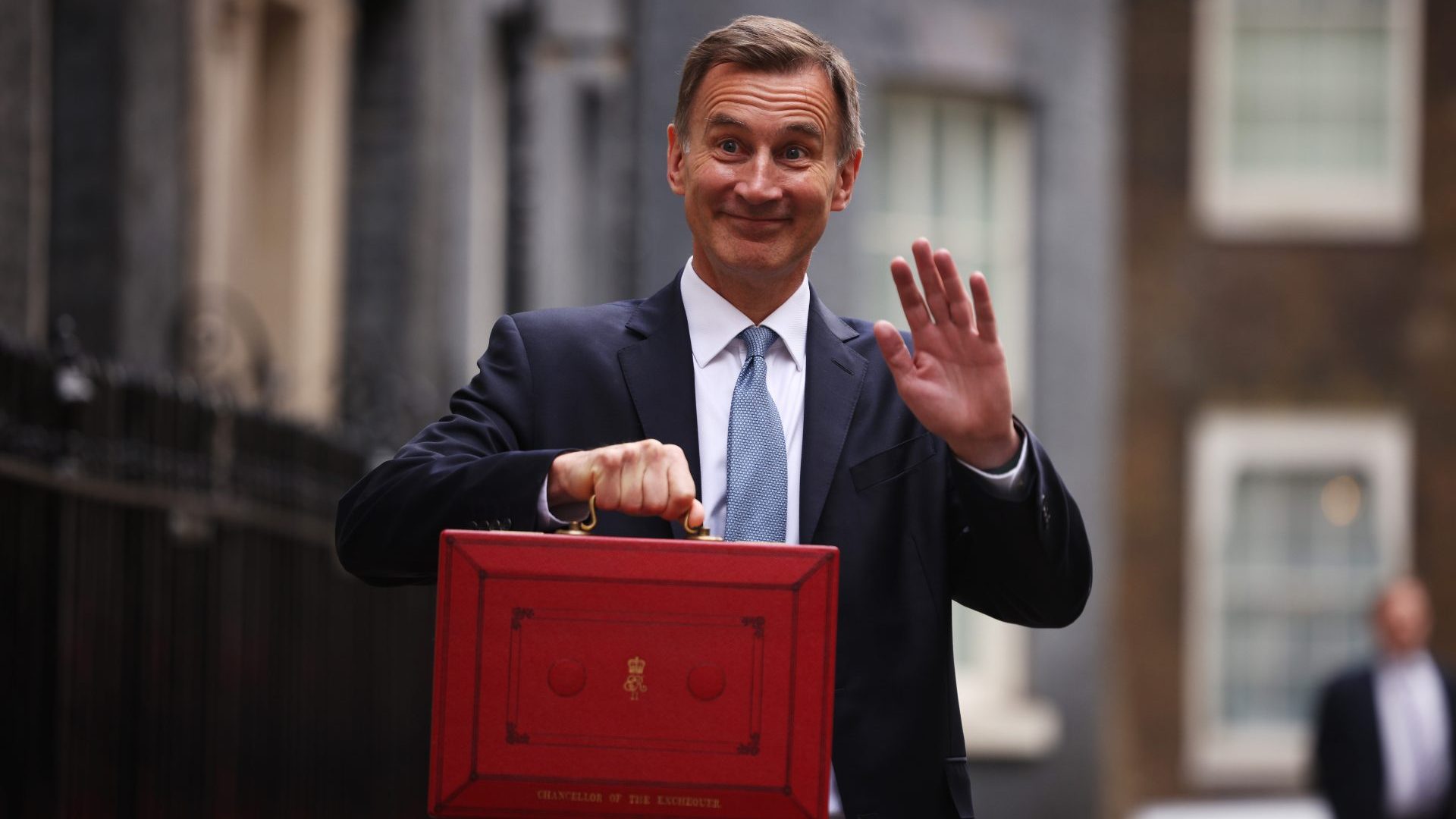It does not sound like the first step of the positive reset between the EU and UK touted at Blenheim Palace in the first days of Keir Starmer’s new government: a Brussels demand that before anything moves forward, Britain first has to fully implement existing Brexit arrangements.
As a “test of good faith”, Starmer has been handed eight areas in which to improve quickly – including on Northern Ireland’s trading arrangements and the rights of EU citizens living in the UK. Tightening of border checks on goods and improving a scheme for pets travelling to the EU are required, too.
That Brussels feels it needs proof that the UK can be trusted again is a reminder of how badly the Conservatives burned bridges with Europe over eight years of petty-minded stubbornness and spite. It reminds us that rejoining the EU, should we choose to do so, will be no easy task. Joining in the first place was difficult enough.
At the start of June 1955, the Messina conference laid the foundations of the European Economic Community. Italy, France, Germany, Belgium, Luxembourg and the Netherlands all sent their foreign ministers to what was clearly going to be a key postwar event.
The UK sent Russell Bretherton, a middle-ranking civil servant from the Board of Trade and apparently a keen European, but only as an observer. He was not allowed to join the discussions and is said to have sat in a corner smoking his pipe instead.
Then, as now, some British politicians still thought that the UK was a colossus on the world stage, and that the Commonwealth was the future. Labour worried that European cooperation meant losing control of the recently nationalised coal and steel industries. British industry worried that tariff-free competition from Germany would show up the inadequacies of UK manufacturing.
So, with a mixture of fear and hubris we stayed out, and we didn’t get in until 1973, after three attempts and 18 years of lost opportunities. It is a useful and painful lesson for those who think that the UK can just rejoin the EU by asking nicely.
As early as the late 1950s, it became evident that European economic cooperation was a winner. The UK was soon struggling to keep up with the six member states, and our GDP per capita relative to the founding members declined steadily from 1945 to 1972. In 1950 we had been 28% wealthier than the six founders of the Common Market. By 1957 the gap was down to 15%, by 1960 10% and by 1969 we were 2% below the average.
The UK had thrown away its huge postwar advantages and been overtaken by its ravaged European rivals in just 19 years. By the time we finally joined in 1973 we were 9% behind. Staying out had been an economic disaster. Sound familiar?
Our response, which involved Bretherton, was to set up the European Free Trade Association, made up of “outer” European states like Norway, Austria, and Denmark. But our hearts were not really in it – having founded Efta in 1960, we first applied to join the EU in 1961. This lesson has been lost on the Brexiteers who still chunter on endlessly about trade deals with New Zealand and Australia.
The journey to the EU 60+ years ago was long and arduous. President Charles de Gaulle vetoed UK membership twice, saying that he suspected that the UK was an American Trojan horse and, more astutely, that the British were an insular nation and not really European enough.
After Brexit, who is to say that he was wrong? It is not difficult to imagine similar words – and possibly a veto – being used if we attempted to rejoin. And now we have to persuade the whole of the EU that we are serious and trustworthy – not just one cynical old French general.
As the UK fell further and further behind its economic rivals on the continent throughout the 1960s it became clear that we had to get in somehow. British industry was losing hand over fist to its newly competitive continental rivals, who had increasingly attractive access to each other’s markets. Sound familiar?
In the end, it was the retirement and then death of De Gaulle that opened the door for the UK to join in 1973. It is claimed that the French government was persuaded that the British really “understood” Europe after a series of ministers and other officials were invited to several very long, very expensive, very good and very well-lubricated lunches at the British embassy in Paris.
Eighteen years after Messina, and 13 years after our first application, we were in, only for Labour to nearly ruin it all by insisting on a referendum on whether to stay in. This was necessary because the party and its cabinet were split on the issue. Sound familiar?
Thankfully that time the vote to stay in was overwhelming – despite the Leave campaign’s endless talk about our “friends” in the Commonwealth, our buccaneering, go-it-alone history and the excitement of trading with the rest of the world rather than boring old Europe and so on. Sound familiar?
The case for Britain in Europe was then, as it is now, irrefutable. But, as the long and difficult journey to join the Common Market the first time shows, just being a suitable and eager candidate is not enough to get you into the EU.
You have to prove that you “get it”, can be trusted and are committed to the whole project. At the moment, we cannot put our hands on our hearts and convince anyone of that.
With the Brexit mob baying “betrayal” at every step, the journey back is likely to take even longer than the journey there in the first place. It will involve far more than a few good lunches at the Paris embassy.
The implementation of deals we have already signed would be a first step not towards rejoining, but towards the serious talks Starmer wants, in order to improve the Brexit deal and clean up some of the current mess.
As someone once nearly said, we are nowhere near the end of Brexit – not even the beginning of the end. But we are, perhaps, now at the end of the beginning.




